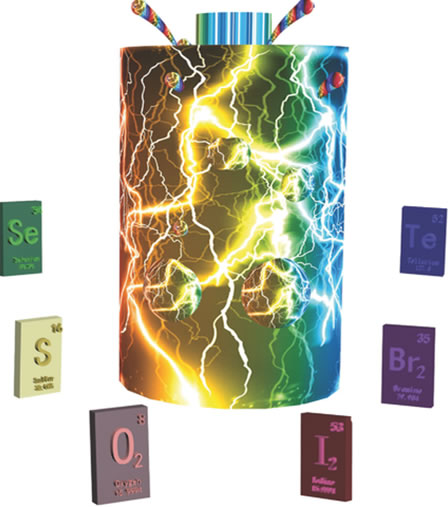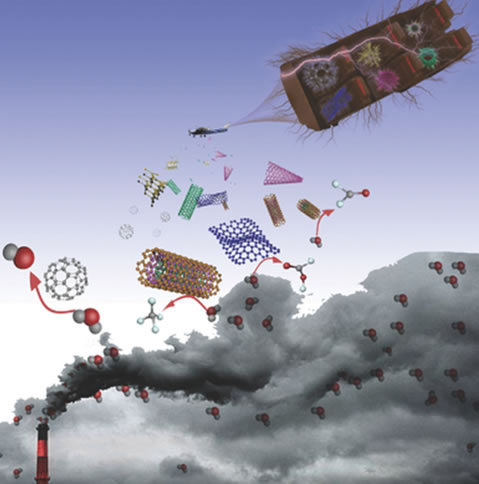Recently, the research group Ma Jianmin of the School of Physics and Microelectronics of our university published two important review articles in the field of energy storage and conversion in the international authoritative journal Advanced Materials (influence factor 19.791). The subject content is the new battery system. And CO2 electrochemical catalytic reduction.
Lithium-ion batteries have been used in battery-powered electric vehicles and hybrid electric vehicles due to their high energy density, long cycle life, and environmental friendliness. However, its operating voltage, energy density, and rate characteristics are still limited, so the development of higher power/energy density lithium ion battery electrode materials has become an important issue. The electrode material largely determines the theoretical capacity and energy density of the battery. For metallic lithium-based anodes, the electrochemical performance of the cell depends on its cathode.

“Recent Progress in the Design of Advanced Cathode Materials and Battery Models for High-Performance Lithium-X (X = O2, S, Se, Te, I2, Br2) Batteries†published by Ma Jianmin's research group, reviewing Li-O2, The latest research progress, emerging problems, and solutions for Li-S, Li-Se, Li-Te, Li-I2, Li-Br2 and other batteries, and the prospects for the major challenges of new batteries. With the acceleration of industrialization, the rapid increase in atmospheric CO2 concentration in the earth has caused many environmental problems. Electrochemical reduction is a technique that effectively catalyzes the conversion of CO2. Due to its rich natural resources, designable porous structure, acid and alkali resistance, high temperature stability, and environmental friendliness, emerging heterogeneous carbon materials have potential advantages in the electrochemical reduction of CO2.

Another review article published by Ma Jianmin's research group "Metal-Free Carbon Materials for CO2 Electrochemical Reduction" discusses carbon materials such as carbon fibers, carbon nanotubes, graphene, diamond, nanoporous carbon, and graphene, and heteroatom-doping catalysts. The active site of the electrochemical reduction of CO2, the mechanism of the final reaction pathway, the research progress and future challenges of carbon catalysts.
The research work was supported by the National Natural Science Foundation of China and the Natural Science Foundation of Hunan Province. Reading Extension: Ma Jianmin, associate professor of the School of Physics and Microelectronics of our school, Jie Qing of Hunan Province and Yuelu Scholar of Hunan University. Engaged in energy conversion and storage research, long-term cooperation with Peking University, Xiamen University, Australia and the University of Wollongong and other academic units at home and abroad. Since 2012, the research group has published more than 60 papers on correspondence authors, such as Advanced Materials, ACS Nano, Small Methods, Small, Advanced Science, Energy Storage Materials, and 2d Materials.
Automatic Escalator,Escalator Stairs,Escalator For House,Stair Escalator
Homefriend&FUJI Elevator Co.,Ltd , https://www.jfujilift.com